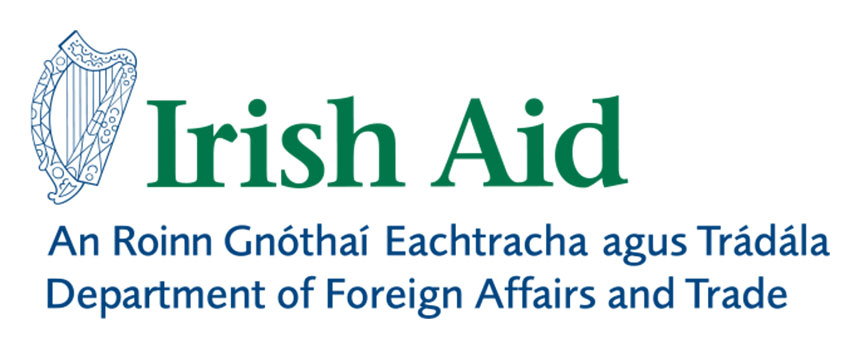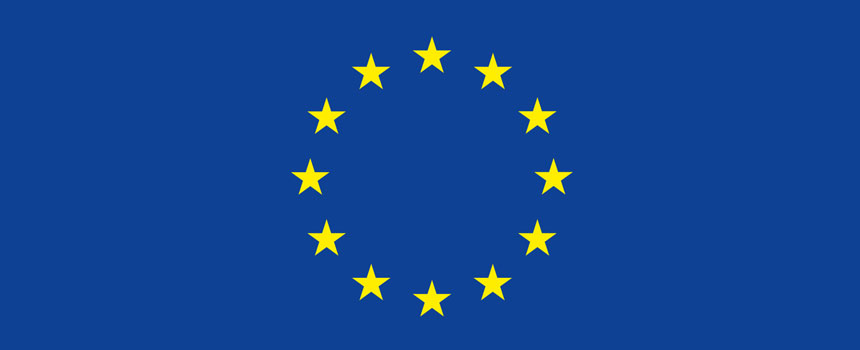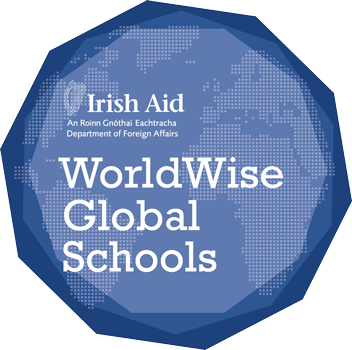International Financial Institutions
Dodgy Institutions: The World Bank and IMF
According to its mandate, the IMF works "to foster global monetary cooperation, secure financial stability, facilitate international trade, promote high employment and sustainable economic growth, and reduce poverty around the world". In the aftermath of the 2008 financial crisis, the IMF was also been mandated by its members to play an emergency lending role in responding to the global financial and economic crises.
The World Bank Group is made up of five institutions, each of which has a different role. It was originally established as a facilitator of post-war development, and has a present-day mandate of ‘worldwide poverty alleviation’.
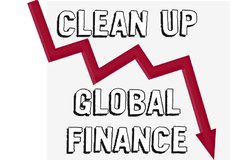
Set up in 1944 in Bretton Woods, New Hampshire, the World Bank and the IMF, or the ‘Bretton Woods Institutions’, have since become powerful institutions in setting the official international development agenda, both in terms of shaping policy and providing loan finance. In spite of their long-term engagement in countries of the Global South, and increased rhetoric of partnership and participation, World Bank-IMF Watch Ireland 2015 shows that they are still far from being trusted institutions in the countries where they work.
In 2013, the World Bank launched a strategy with ambitious twin goals to be achieved by the year 2030: to end extreme poverty, by decreasing the percentage of people living on less than $1.25 a day to no more than 3%, and to promote shared prosperity by fostering income growth in the bottom 40% of every country. While these are worthy goals, DDCI believes that the route to delivering this plan has too great a focus on a perceived need for increased risk-taking in lending to the private sector, driven by an ever more competitive lending environment globally, without acting on some of the fundamental problems at the institutional level.
Institutions with strings attached
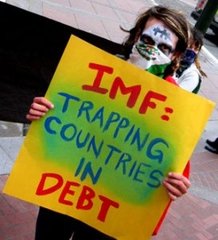 DDCI believes the practice of economic policy conditionality in the International Financial Institutions (IFIs) has deeply undermined the sovereign, independent decision-making power of Southern governments. DDCI's overarching concern centres on the entrenched and inappropriate level of power and influence of the IFIs in Southern government policy formulation.
DDCI believes the practice of economic policy conditionality in the International Financial Institutions (IFIs) has deeply undermined the sovereign, independent decision-making power of Southern governments. DDCI's overarching concern centres on the entrenched and inappropriate level of power and influence of the IFIs in Southern government policy formulation.
It is clear that the main obstacle to achieving progress on conditionality policy is not lack of information but lack of political will within the IFIs and among their members to reduce the power of the institutions. DDCI is commited to continuing to oppose the undue influence of the IFIs in the Global South.
Loan Conditionality
Many countries that apply for debt relief could only do so in exchange for proof of the implementation of adjustment programmes controlled by the IMF. These measures, which include privatisations, financial liberalisation, elimination of subsidies, reduction of salaries for civil servants, and cuts to health and education, among many other vital sectors, were imposed upon countries like Mali, Haiti, Cameroon, Tanzania, and Bangladesh. When these recommendations are made by the IMF, they are known as loan conditionalities.
No Democracy at the World Bank and IMF
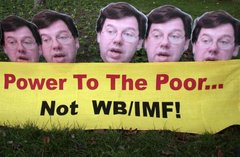 DDCI challenges the undemocratic and Northern-dominated governance structures of the World Bank and IMF. Recent opportunities to reform the leadership selection at the World Bank and IMF have been ignored by Irish and European governments. Traditional responses by rich members of the institutions are restricted to tinkering around the margins of governance reform.
DDCI challenges the undemocratic and Northern-dominated governance structures of the World Bank and IMF. Recent opportunities to reform the leadership selection at the World Bank and IMF have been ignored by Irish and European governments. Traditional responses by rich members of the institutions are restricted to tinkering around the margins of governance reform.
DDCI has consistently monitored these IFIs, and releases regular reports on their activities, which can be found here.
